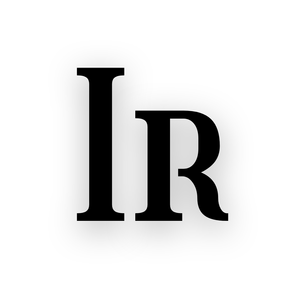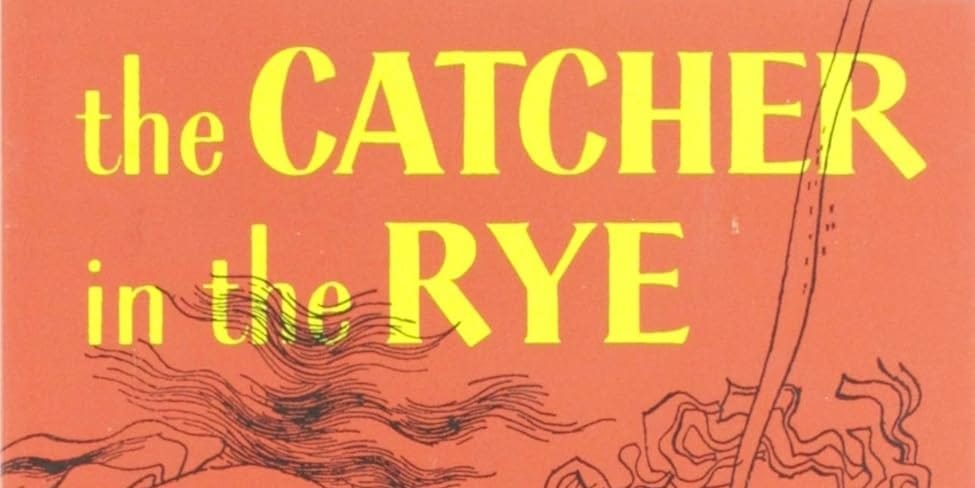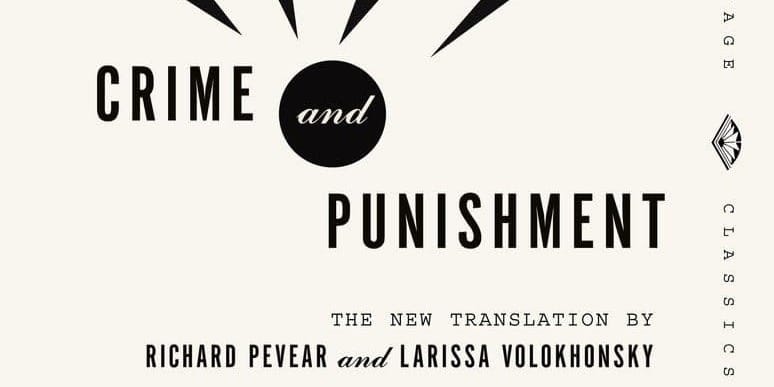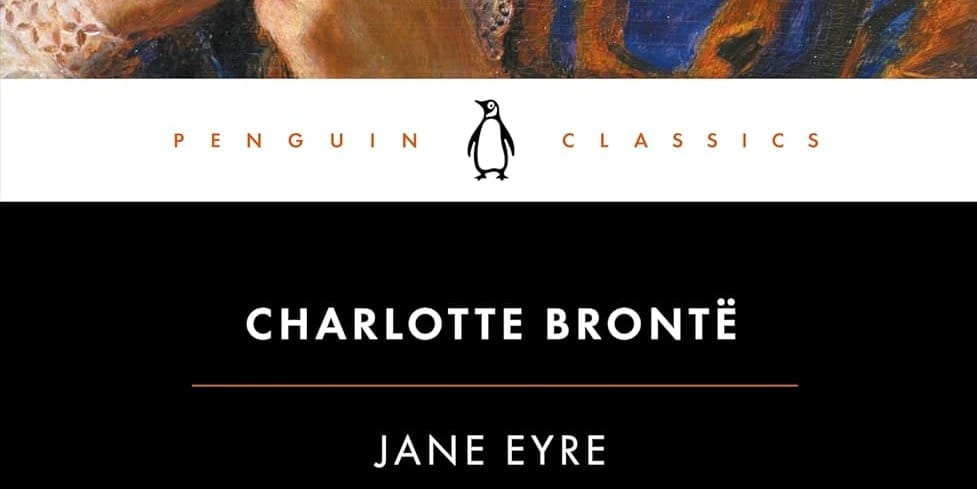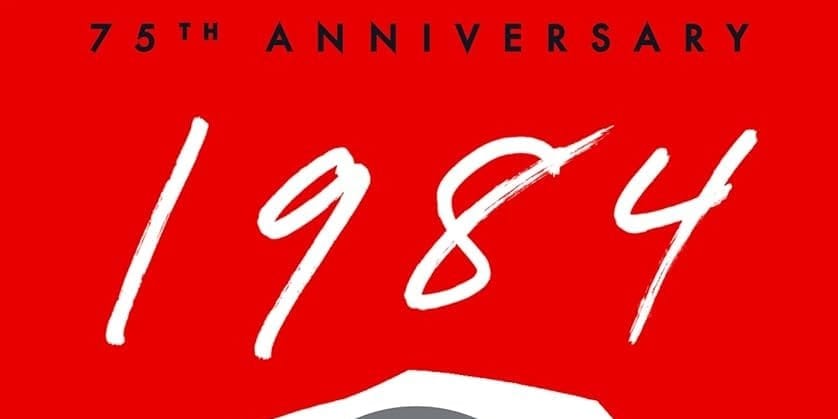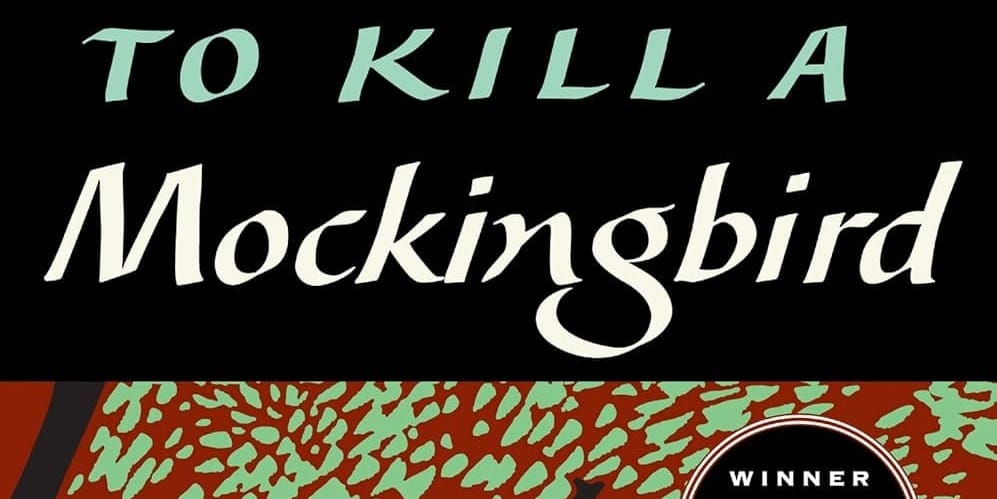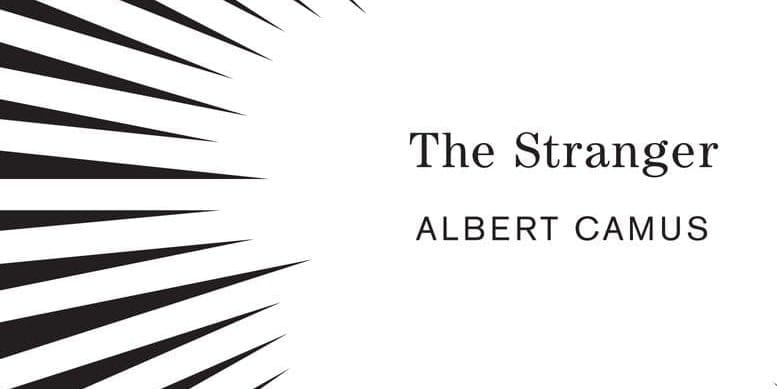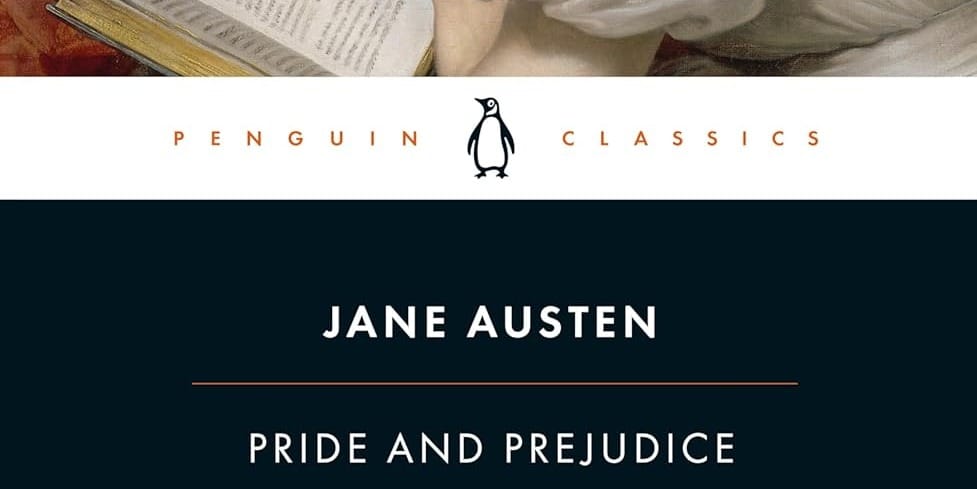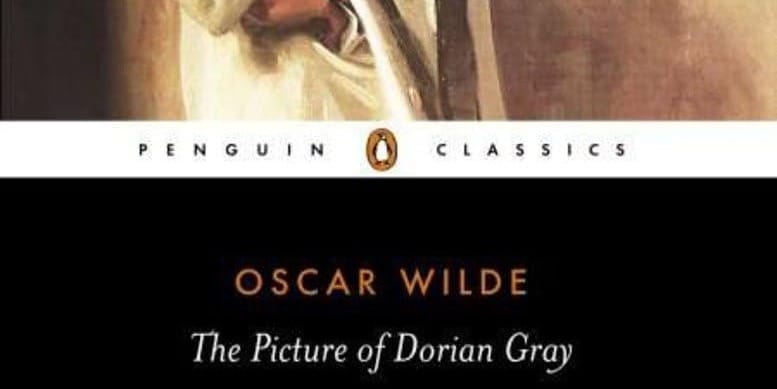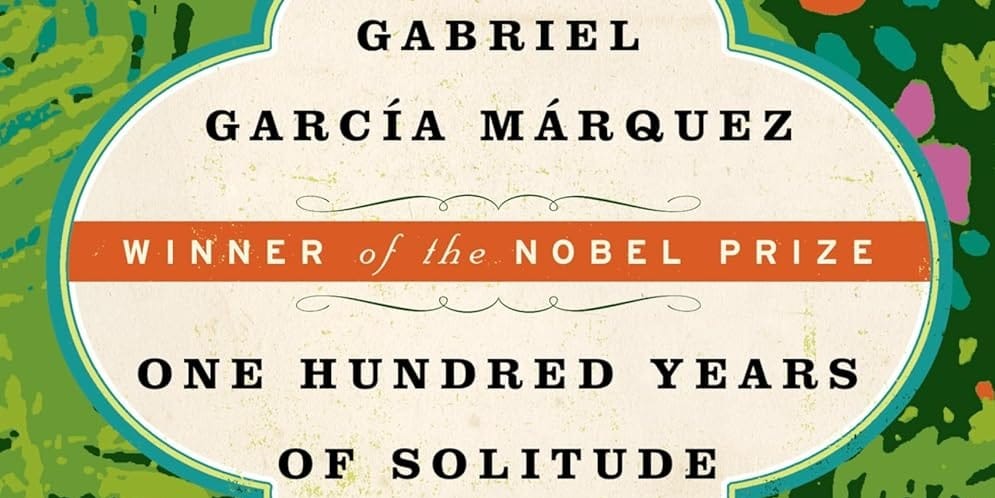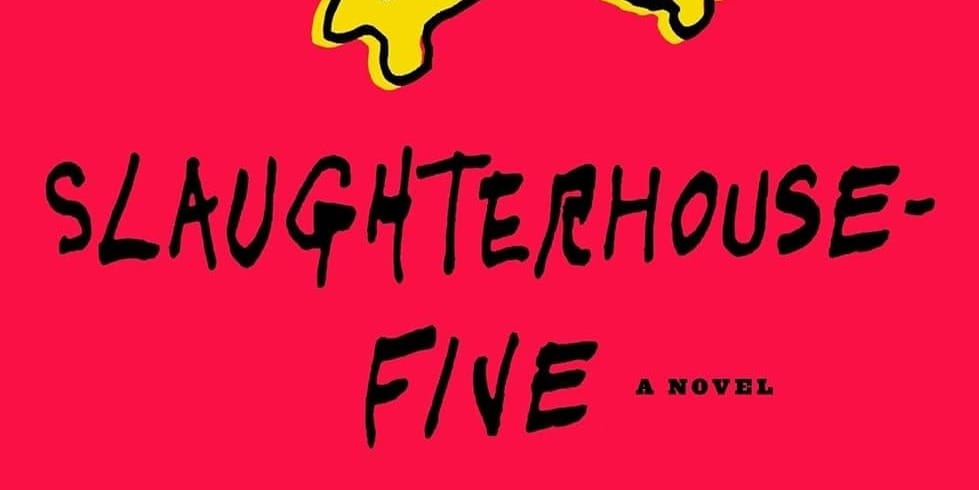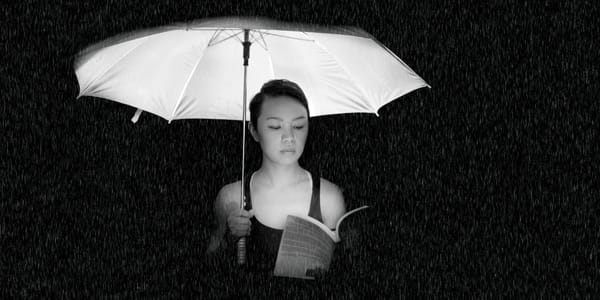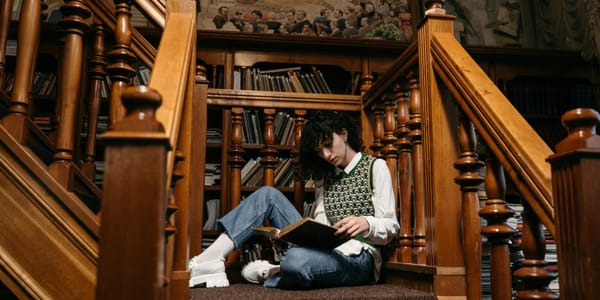We live in a time when the noise of trending content, viral takes, and fleeting advice is louder than ever. But while opinions shift overnight, some stories remain relevant for decades—even centuries. These are the classics. Reading them before 30 isn’t about appearing cultured; it’s about absorbing foundational ideas that will stay with you long after the world moves on to something new. This list isn’t just literature—it’s a collection of soul-shaping perspectives for the long game of life.
Why Reading Classics Before 30 Matters
Your 20s are wild, confusing, exhilarating, and deeply formative. It’s the decade where you begin to unpack the baggage of childhood, face the messy complexities of adulthood, and try to make sense of your place in a world that rarely makes sense. And while no book can give you all the answers, a few timeless classics can definitely help you ask better questions. Classics are classic for a reason—they carry truths that transcend time and speak to the raw human condition. Reading them before 30 isn't about checking off a list; it's about grounding yourself in essential human experiences before life speeds up even more. Let’s dive into 10 of the best classic books to read before you turn 30.
1. The Catcher in the Rye by J.D. Salinger
Let’s face it, Holden Caulfield is kind of a mess—but then again, who isn’t in their late teens and early 20s? This novel perfectly captures that in-between stage of not quite being a kid, but not yet feeling like an adult. If you’ve ever felt disillusioned by the world, cynical about societal norms, or just deeply annoyed by “phoniness,” Holden might feel like an old friend. It's not just a coming-of-age story; it's a raw snapshot of existential questioning. Reading this early in life helps you recognize those feelings in yourself, name them, and eventually move through them.
2. Crime and Punishment by Fyodor Dostoevsky
This isn’t light reading, but it’s essential. Dostoevsky dives deep into guilt, morality, redemption, and what it truly means to be free. Raskolnikov’s psychological spiral after committing a crime will shake you. It forces you to wrestle with ideas about justice, conscience, and human suffering. And if you’re drawn to deeper philosophical explorations, this can open the door to more philosophy classics that expand your thinking even further.
3. Jane Eyre by Charlotte Brontë
Jane is a character who refuses to compromise her integrity, no matter the cost. Her resilience and self-respect shine through every chapter. For anyone navigating complicated relationships, self-worth, or trying to define personal values, this novel offers powerful insights. It’s not just a romance; it’s about inner strength. A perfect gateway if you also want to explore more romance novels or literary classics on peace through female voices.
4. 1984 by George Orwell
We live in a hyper-connected world where privacy is increasingly fragile, and propaganda wears new disguises. Orwell saw it coming. Reading 1984 in your 20s hits differently—it forces you to think critically about freedom, power, and how systems shape our reality. It’s also a natural bridge to explore more dystopian classics if this genre grabs you.
5. To Kill a Mockingbird by Harper Lee
This book delivers a gut punch of empathy. Through the eyes of young Scout Finch, we confront the ugliness of racism and the strength of moral courage. Atticus Finch’s quiet integrity stays with you. It’s a gentle yet powerful reminder of what justice should look like, especially when you’re just beginning to figure out your own moral compass. It also pairs well with must-read classics that center on social themes.
6. The Stranger by Albert Camus
Nothing says quarter-life crisis like Camus. The Stranger is stark, unsettling, and incredibly thought-provoking. It introduces you to absurdism—the idea that life is inherently meaningless, and that’s okay. Perfect for when you're grappling with purpose, identity, and your place in a seemingly indifferent universe. If this book speaks to you, you might want to wander into modern classics and other existential reads next.
7. Pride and Prejudice by Jane Austen
This might seem like just another love story, but Austen’s wit and wisdom make it so much more. Elizabeth Bennet is sharp, independent, and refreshingly self-aware. The social commentary on class, gender, and reputation still resonates today. It's a joyful, clever reminder to stay true to yourself.
8. The Picture of Dorian Gray by Oscar Wilde
This dark and seductive novel explores vanity, influence, and the cost of indulgence. Wilde's writing is razor-sharp and full of quotable lines. As you navigate the image-obsessed world of social media and constant self-curation, this book hits a little too close to home. It asks: What would you sacrifice for eternal youth or beauty? And is it worth it?
9. One Hundred Years of Solitude by Gabriel García Márquez
This masterpiece of magical realism weaves generations of the Buendía family into a hypnotic, symbolic epic. It’s rich, dense, and a little dizzying at times—just like life. At its heart, it’s about memory, repetition, and the cyclical nature of human existence. It’s a novel that challenges you to slow down and pay attention, and one that you’ll probably return to more than once.
10. Slaughterhouse-Five by Kurt Vonnegut
War, time travel, aliens, and trauma—this book has it all. And yet, it's less about the sci-fi and more about how we make peace with tragedy. Billy Pilgrim’s time-jumping narrative reveals the randomness of life and the futility of trying to control it. Vonnegut's message? So it goes. If war, memory, and meaning interest you, this book pairs perfectly with classic war novels and other anti-war literature.
How Classic Literature Can Shape Your 20s
The truth is, you don't need to read all the classics before 30—but these ten are a pretty great start. They challenge your thinking, shake up your worldview, and help you reflect on the big questions: Who am I? What matters? What kind of life do I want to lead? These aren’t just books for the sake of literary clout. They’re mirrors, maps, and sometimes even lifelines. Reading them now, while your identity is still forming and your values are taking shape, gives them the power to leave a lasting impact.
You don’t have to read all the classics before 30—but reading these ten might just change how you approach life. They’ll stir your mind, crack open your heart, and push you to see the world with new eyes. And maybe that’s the real point of it all—not to master life, but to feel it more deeply. Let these stories challenge you, comfort you, and shape the way you show up in the present moment—because that’s where life actually happens.
💬 Psst… Many of the books from the list are available to read for free with Kindle Unlimited or listen for free with Audible — both offer 30-day free trials for new users. Perfect if you’re trying to read (or listen to) more without spending more.
